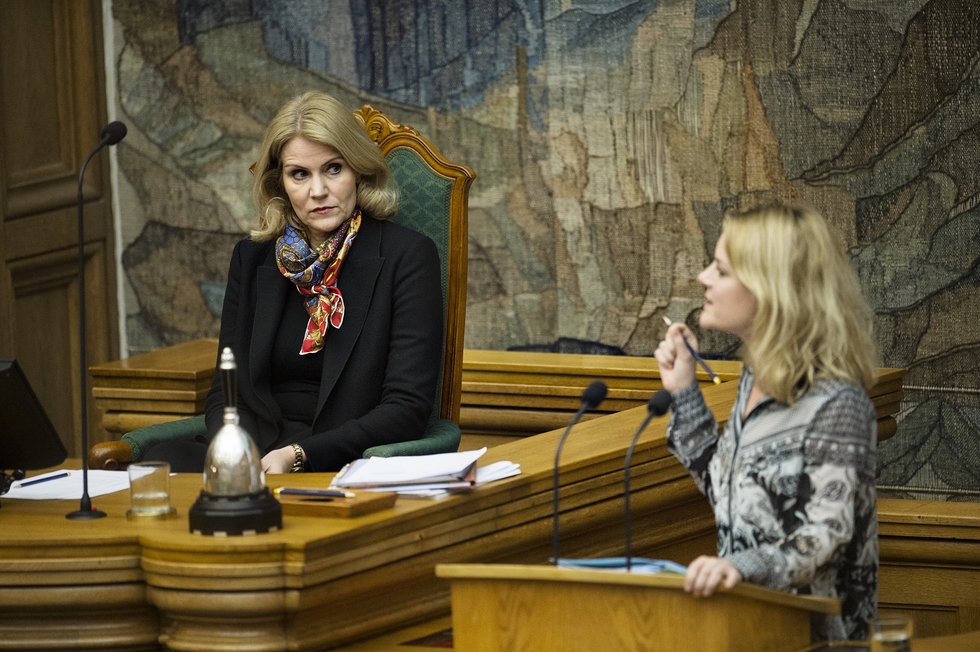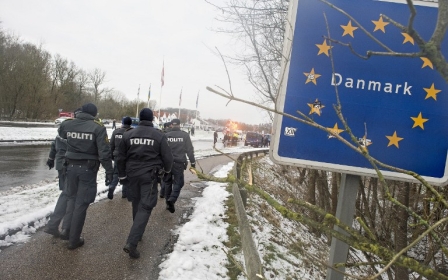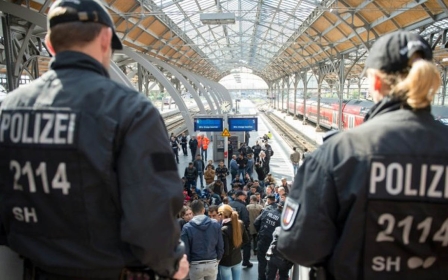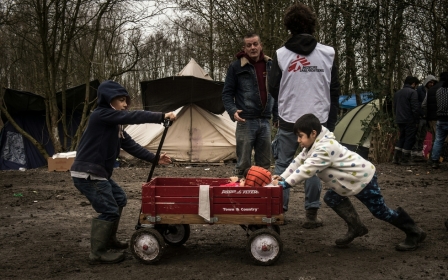Denmark parliament to vote on controversial immigration bill

Spurning scathing international criticism, Danish lawmakers will on Thursday give a final nod to drastic reforms curbing asylum rights as legal and human rights experts castigate Copenhagen for turning its back on its international commitments.
Prime Minister Lars Lokke Rasmussen's minority right-wing government, supported in parliament by an anti-immigration far-right party that has for 15 years dictated increasingly restrictive immigration policies, already has enough support for its bill to win a 26 January parliamentary vote.
The new law would delay family reunifications, confiscate migrants' valuables and make already stringent permanent residency requirements even tougher.
Fearing a domino effect across Europe, the UN refugee agency UNHCR has decried the bill, saying it "could fuel fear (and) xenophobia".
Once a champion of refugees' rights, Denmark would be in violation of the European Convention on Human Rights, the UN Convention on the Rights of the Child, and the UN Refugee Convention, the UNHCR concluded in a January report.
Unfazed, Copenhagen maintains it is not able to finance more migrants nor integrate them into society.
"Denmark's immigration policy is decided in Denmark, not in Brussels," Integration Minister Inger Stojberg has repeatedly said.
The government will on Thursday present the bill in its final form to parliament, a last chance for lawmakers to demand changes though it is just a formality as a majority have already agreed to back it.
Seizing valuables
The confiscation of migrants' valuables has been the reform that has dominated international headlines.
The bill allows Danish authorities to seize asylum seekers' cash exceeding 10,000 kroner ($1,450), as well as any individual items valued at more than that amount. Wedding rings and other items of sentimental value are exempt.
Legal experts have however voiced more alarm over the measures making it harder to obtain family reunifications and residency permits.
Copenhagen wants to increase from one year to three years the waiting period for war refugees before they can apply to bring over their family members.
"According to the European Court of Human Rights, the processing of family reunification cases must be expeditious, flexible and efficient with special attention and care," the director of the Danish Institute for Human Rights, Jonas Christoffersen, told AFP.
"This is not consistent with a three-year waiting period."
Amnesty International's deputy director for Europe, Gauri van Gulik, denounced a "discriminatory practice" in singling out refugees already traumatised by war.
Undeterred, Rasmussen has suggested Denmark may seek a revision of the UN Refugee Convention if the migrant crisis "continues or gets worse".
A foreign affairs spokesman for his Venstre party, Michael Aastrup Jensen, said "the conventions that Denmark and many other countries signed many years ago, we signed based on a global situation that was not the global situation of today."
Violating conventions
In a 15 January letter to Stojberg, the Council of Europe's commissioner for human rights, Nils Muiznieks, said the issue of family reunifications raises "issues of compatibility with Article 8 of the European Convention on Human Rights which protects the right to respect for one's family life."
The bill "could also infringe on the rights of children to live within their family environment, as prescribed by the United Nations' Convention on the Rights of the Child," he added.
"Those are his personal views," Venstre's Jensen retorted.
"The Council of Europe, as an organisation, has not started any type of case against Denmark," he told AFP.
Home to 5.6 million people, Denmark registered 21,000 asylum applications in 2015, making it one of the top EU destinations per capita for migrants after Finland, Austria, Germany and Sweden.
Tensions have meanwhile begun to emerge between Danes and migrants.
Young women have filed police reports against migrants for inappropriate behaviour, while one nightclub in Sonderborg bars entry to those who do not speak English, Danish or German and other establishments are now considering following its lead.
Critics believe the bill could hurt Denmark's international standing.
"There will be very significant diplomatic, political and legal criticism of Denmark," human rights lawyer Poul Hauch Fenger told AFP.
"Another consequence will be that Denmark loses respect abroad and within international organisations in terms of morals, ethics and values," he added.
Stojberg has acknowledged the reforms could fall foul of international conventions.
"We have gone to the limits of the conventions and it is true that there is a (risk) in relation to the issue of family reunifications. But it's a risk I'm willing to take," she told news agency Ritzau in December.
New MEE newsletter: Jerusalem Dispatch
Sign up to get the latest insights and analysis on Israel-Palestine, alongside Turkey Unpacked and other MEE newsletters
Middle East Eye delivers independent and unrivalled coverage and analysis of the Middle East, North Africa and beyond. To learn more about republishing this content and the associated fees, please fill out this form. More about MEE can be found here.




